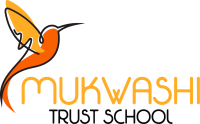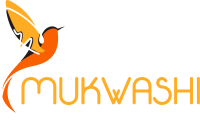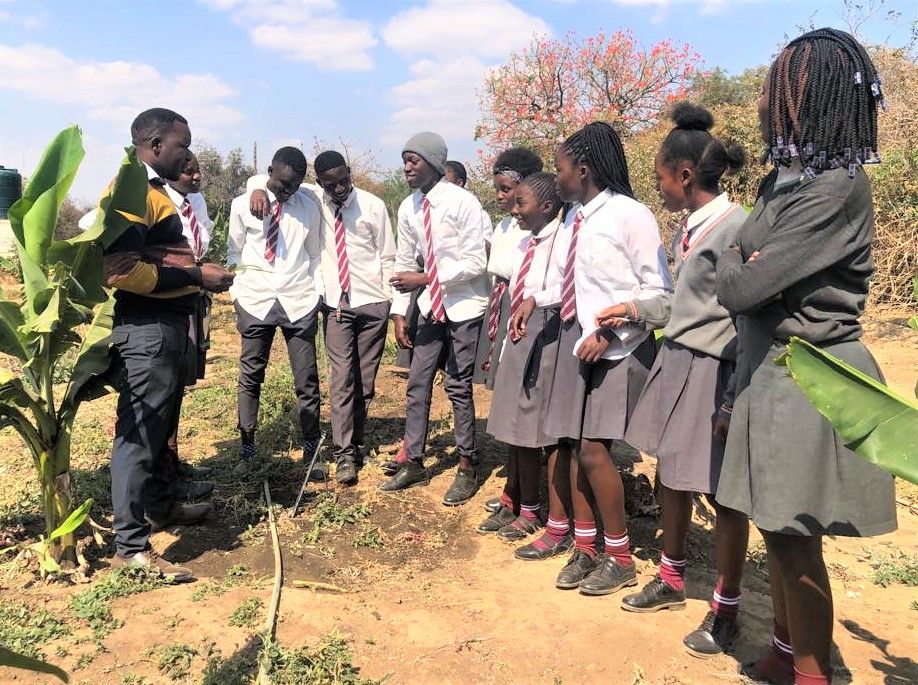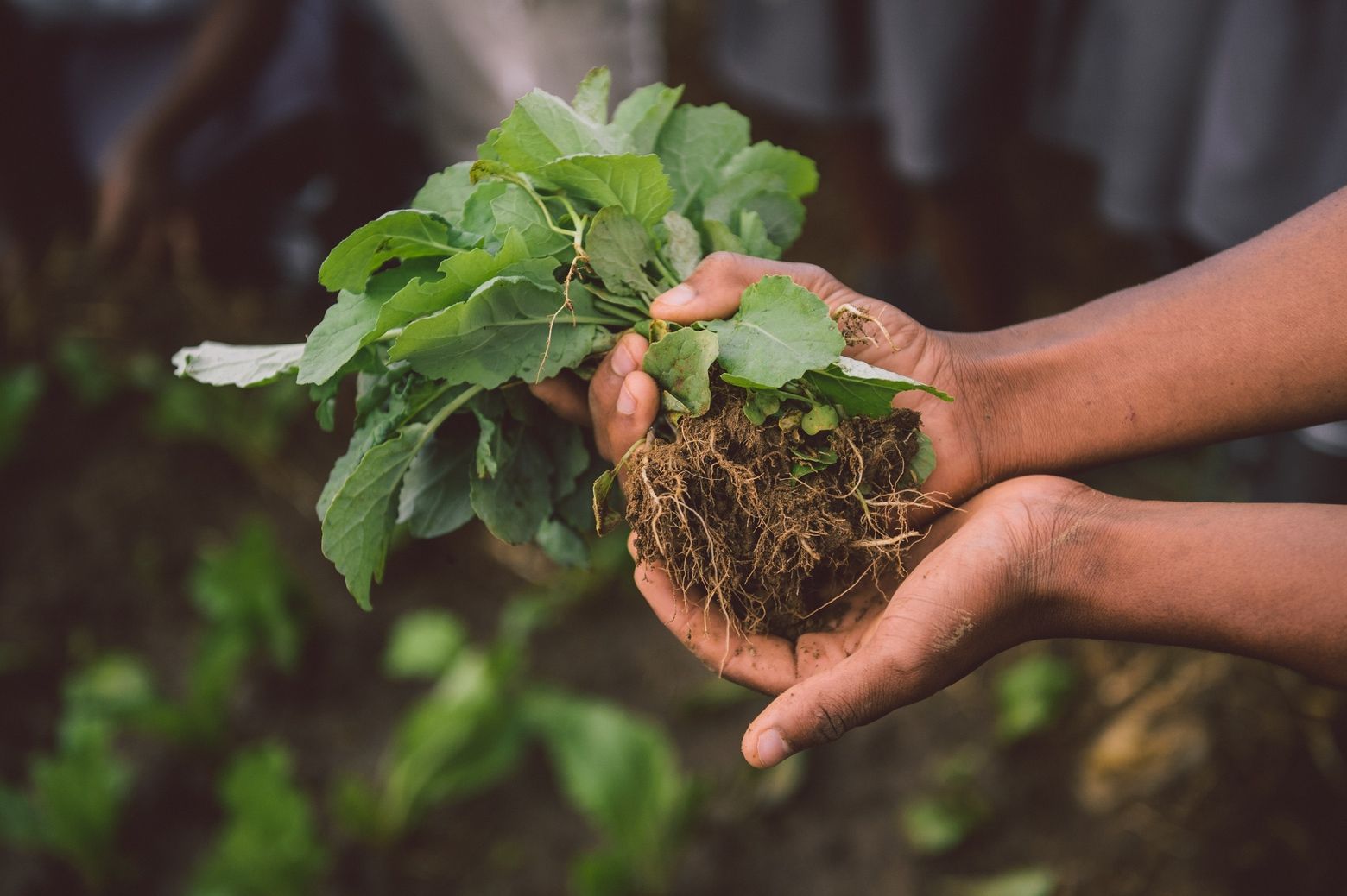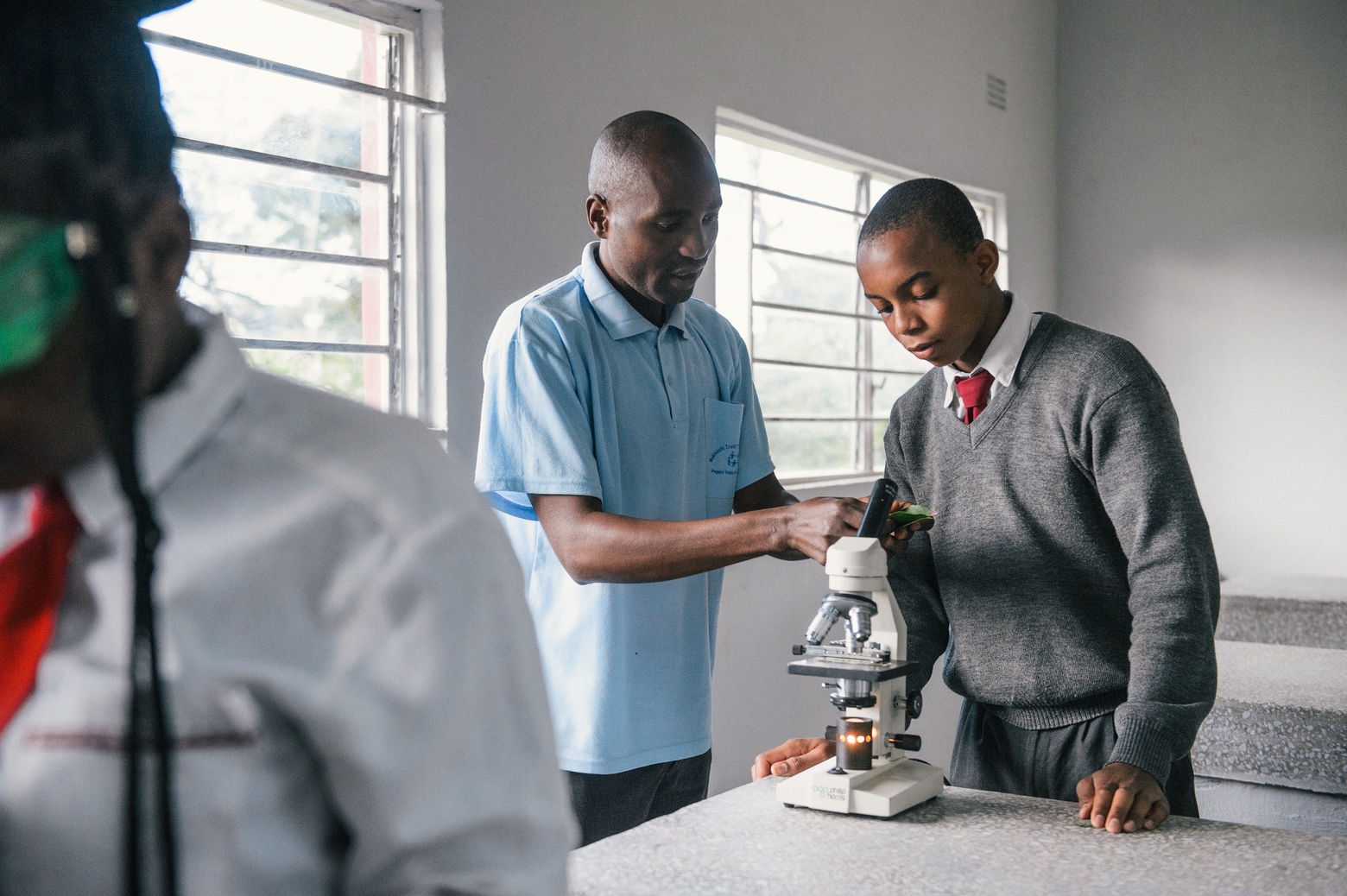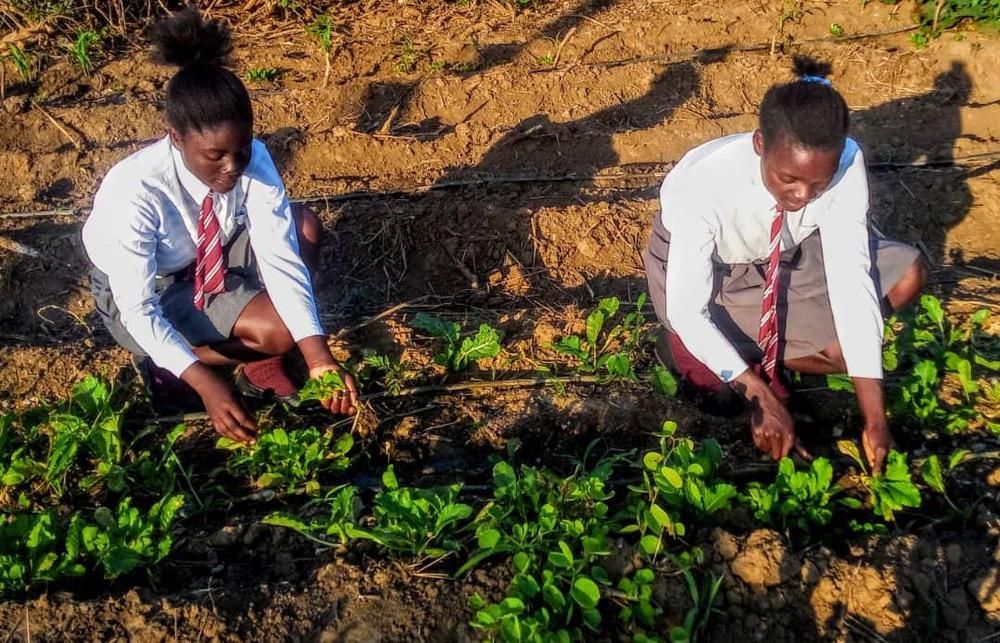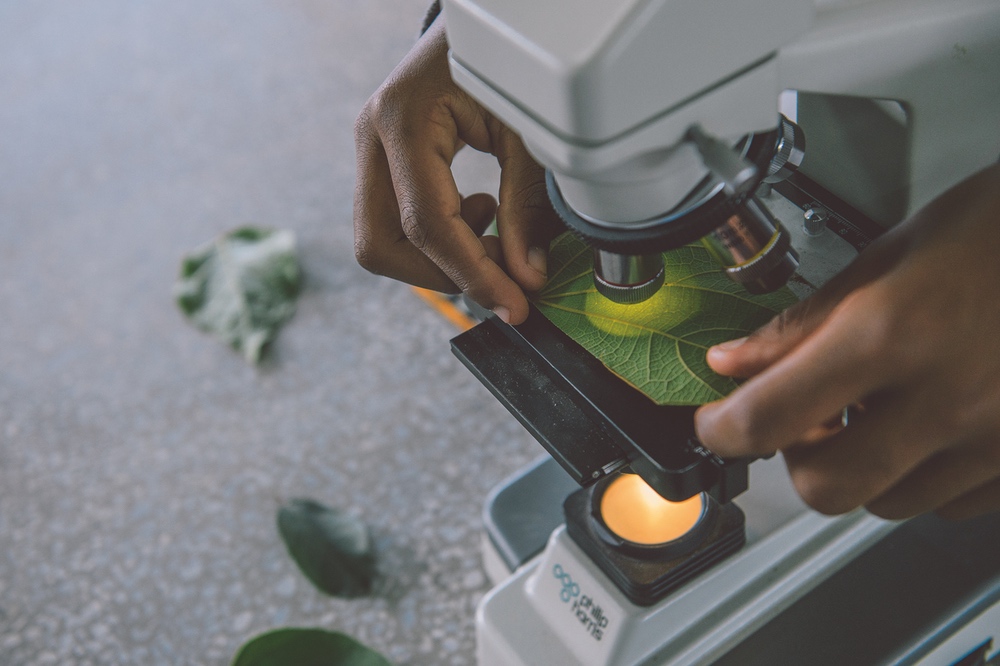First class tuition
Smaller Classes + higher marks in exams + modern facilities – all thanks to you!
We are a licensed pre, primary and secondary school.
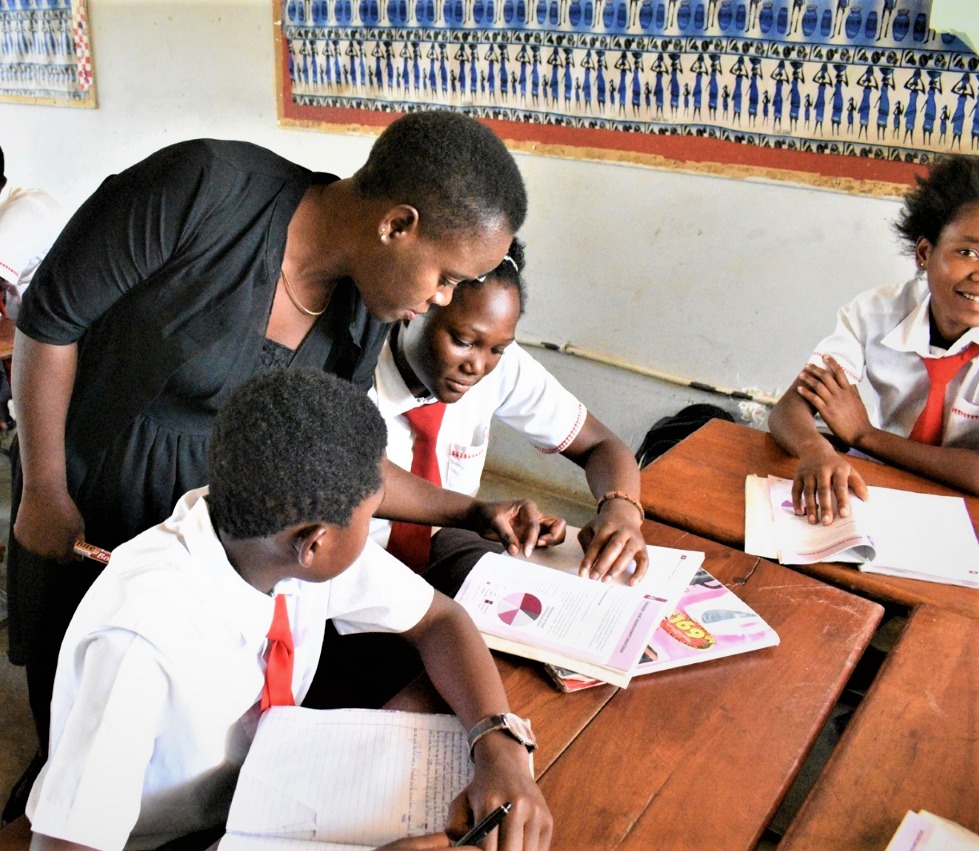
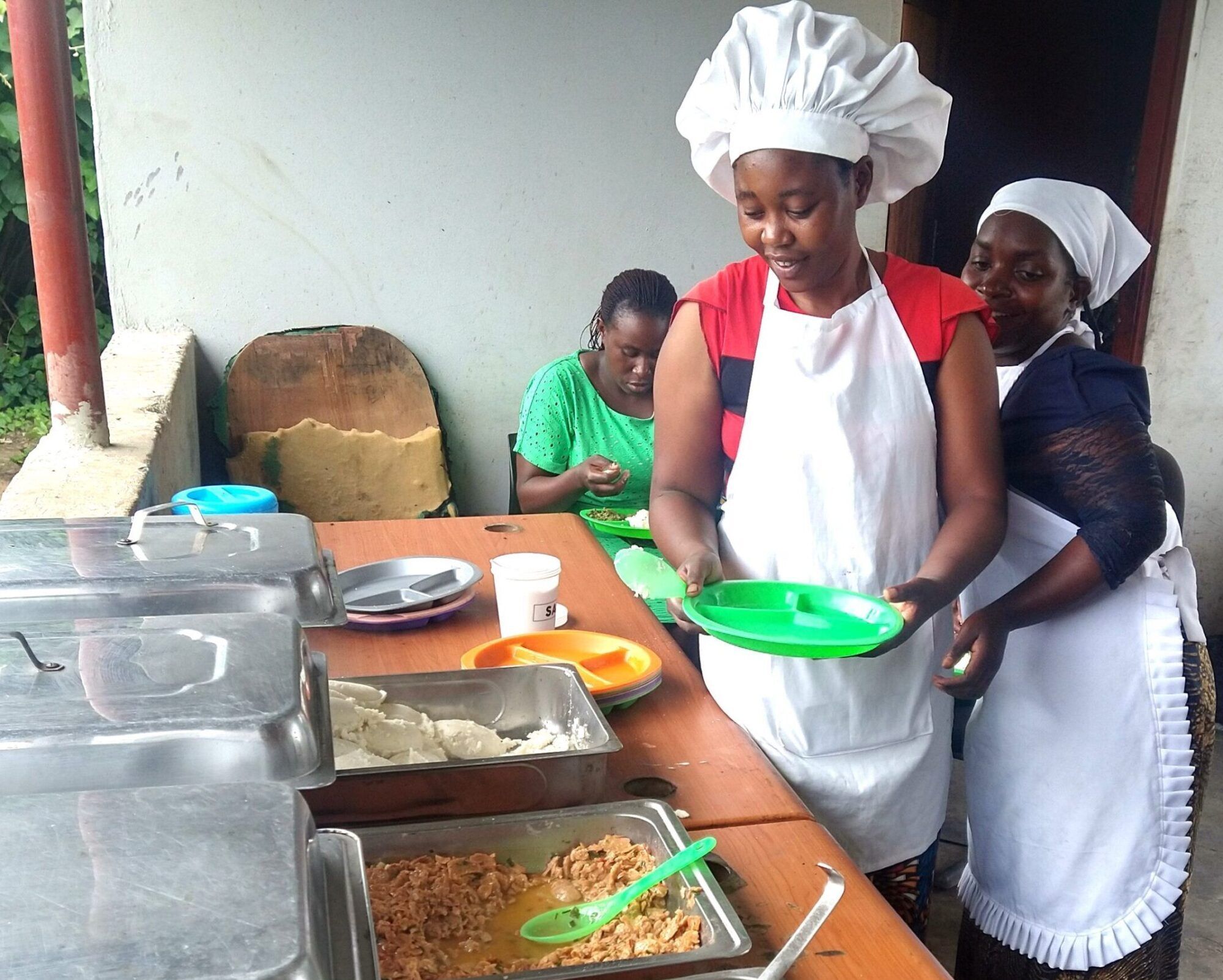
We provide all our learners with a free, nutritious, cooked meal at lunchtime every day. We grow all the fruit & veg for our meals on site, and cook nshima (maize meal) on our big new gas range in the open air.
Our hens give us an ample supply of eggs, and protein comes from soya beans and ground nuts.
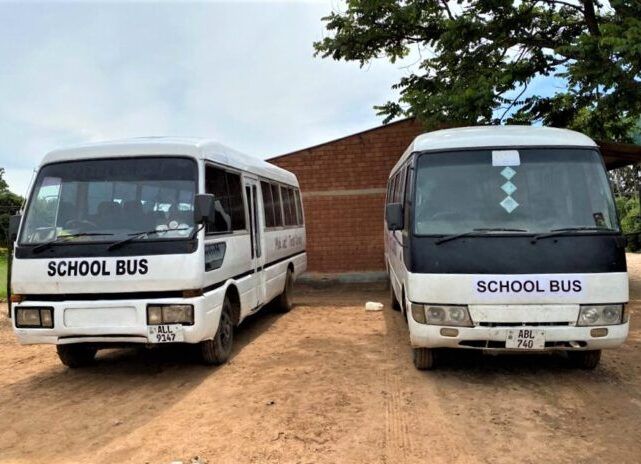
Thanks to local and international supporters, we have two 30 seater buses which run backwards and forwards, collecting and delivering children, four times a day along the busy Mumbwa Road.
Over 300 learners use our school buses, so young children usually have to sit on the laps of the secondary learners. It’s cosy!
RELEVANT FACILITIES
Our school is next to Zambia’s main road to the west and close to several large communities of mud houses. Our simple buildings sit comfortably within our local community and are relevant to the people we serve.
We have four huts which each contain two large classrooms. In the last few years, we’ve also built a science laboratory, dug a borehole, converted the head teacher’s house into an Early Years’ Unit and erected a sustainable toilet & shower block which is large enough to serve six hundred learners.
Since 2020, we’ve also managed to buy over 4,000 of the most up-to-date textbooks, two afro-centric reading schemes to help our children learn to read fluently and over 1,000 afro-centric reading and reference books.
We’re aiming for self-sufficiency in food by developing a large market garden & livestock compound. As funds permit, we’re planting hundreds of fruit trees to provide future generations of learners with food and shade.
Like everyone else in our local community, we struggle for power. In 2022, we installed solar power for our water pump; in 2023, we provided our school office with solar power; and in 2024 we started installing solar in our staff houses. Wi-fi is still many years away!
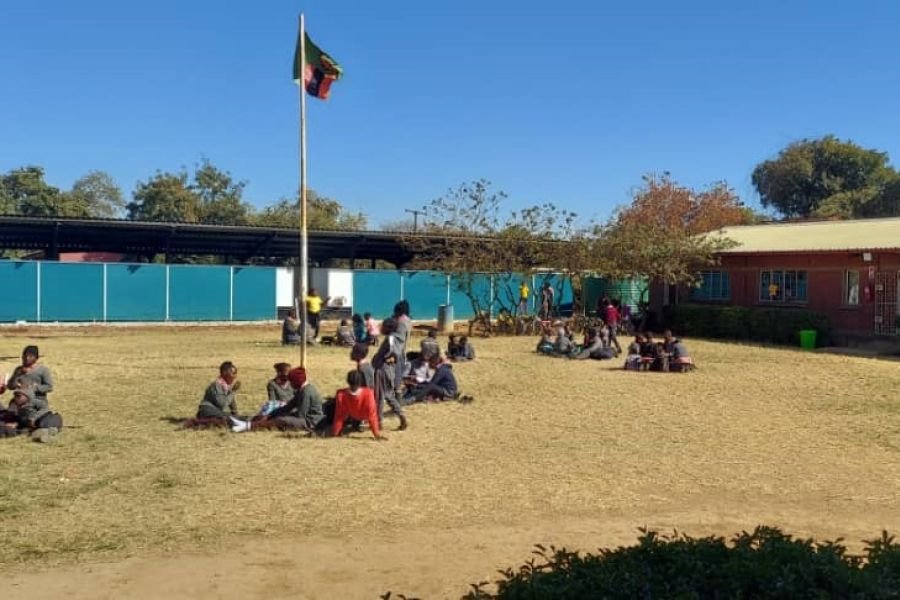
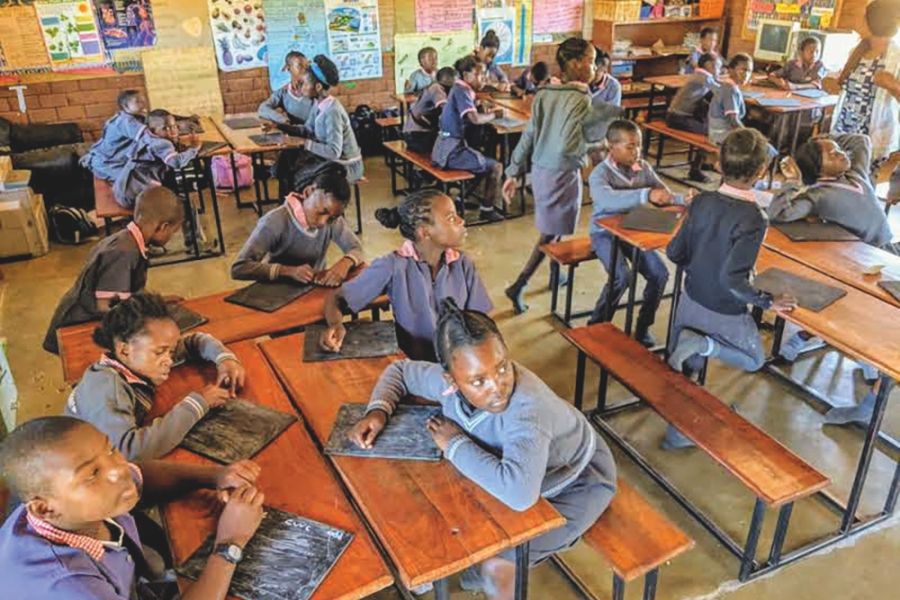
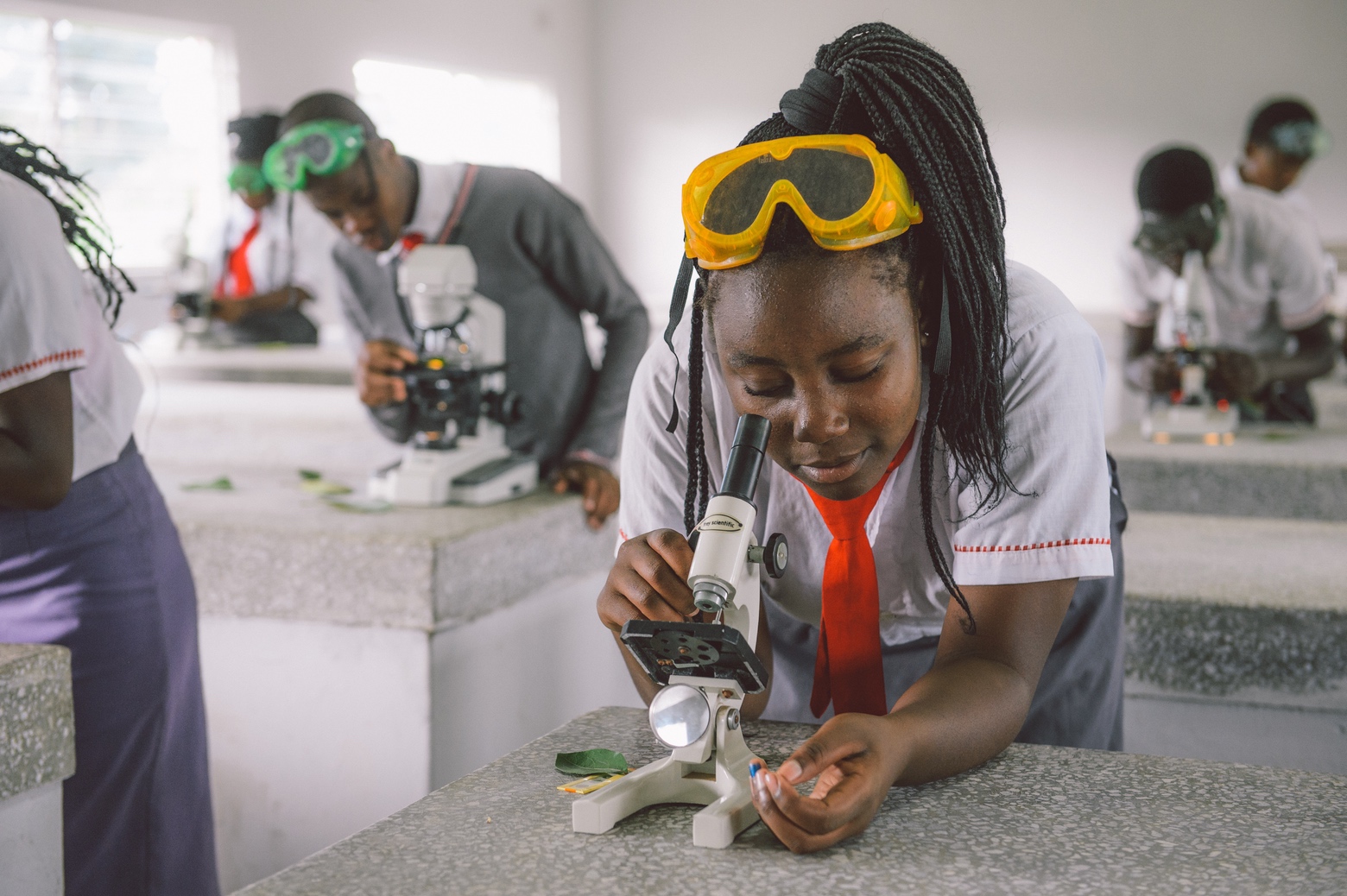
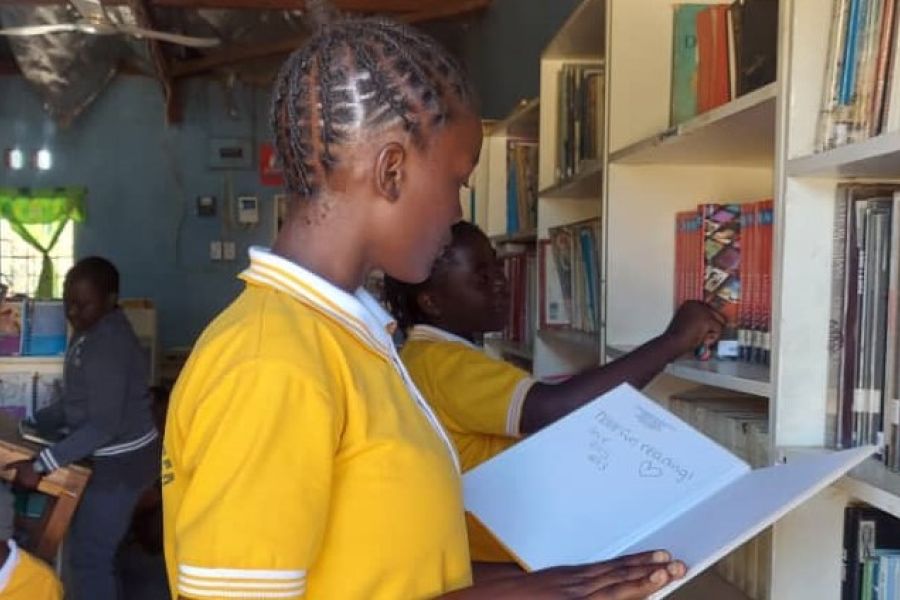
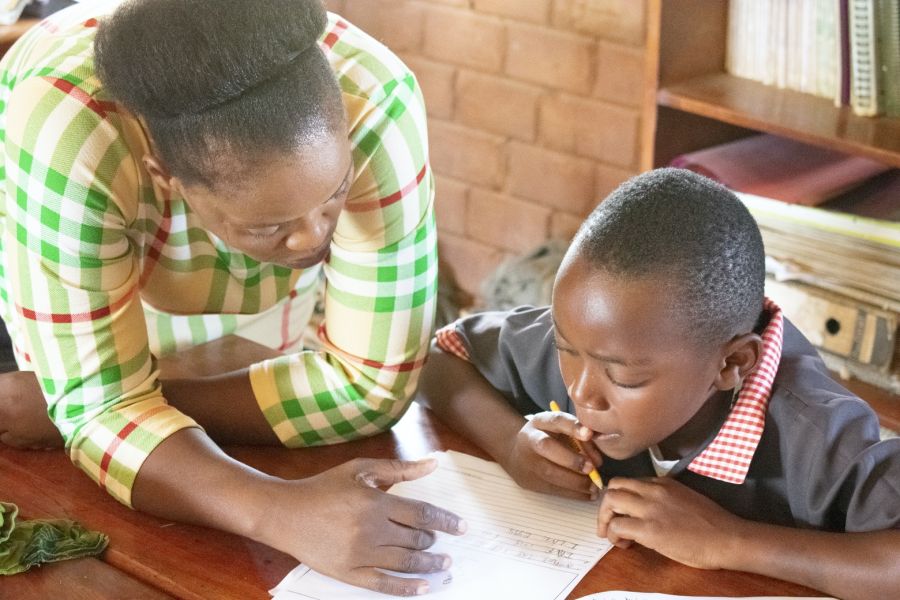
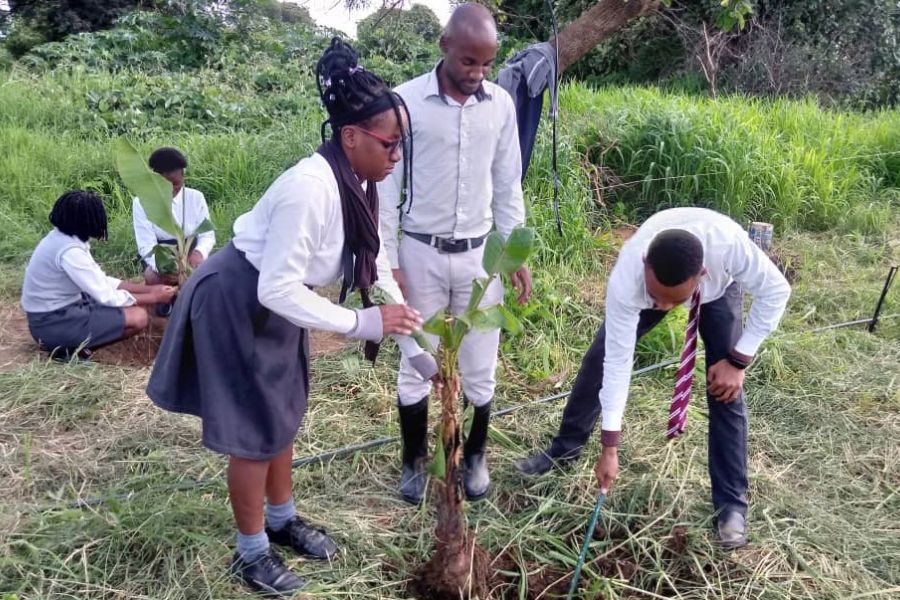
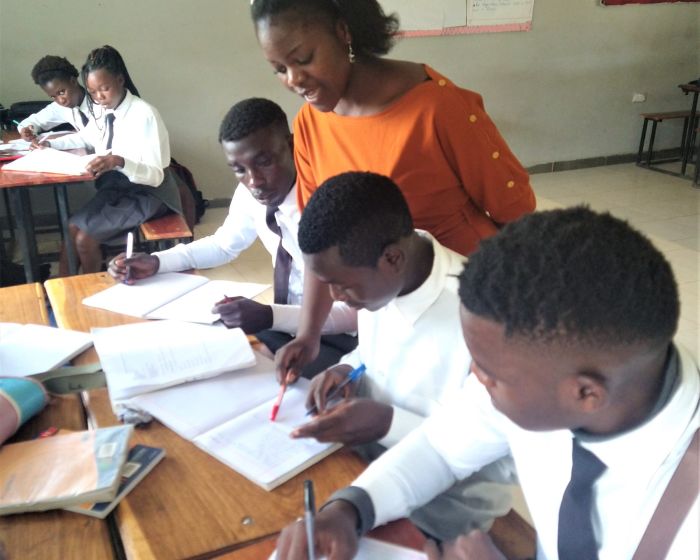
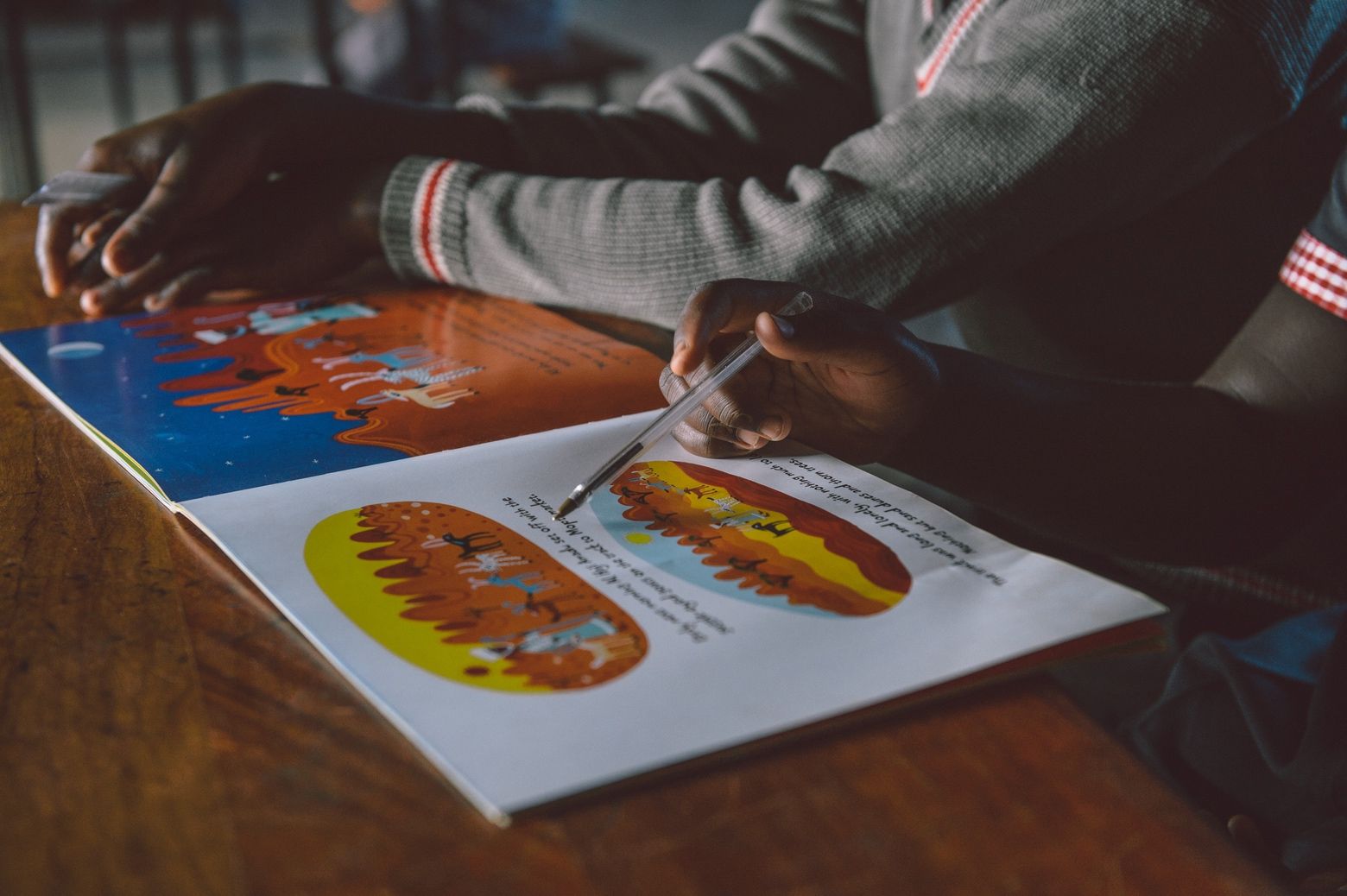
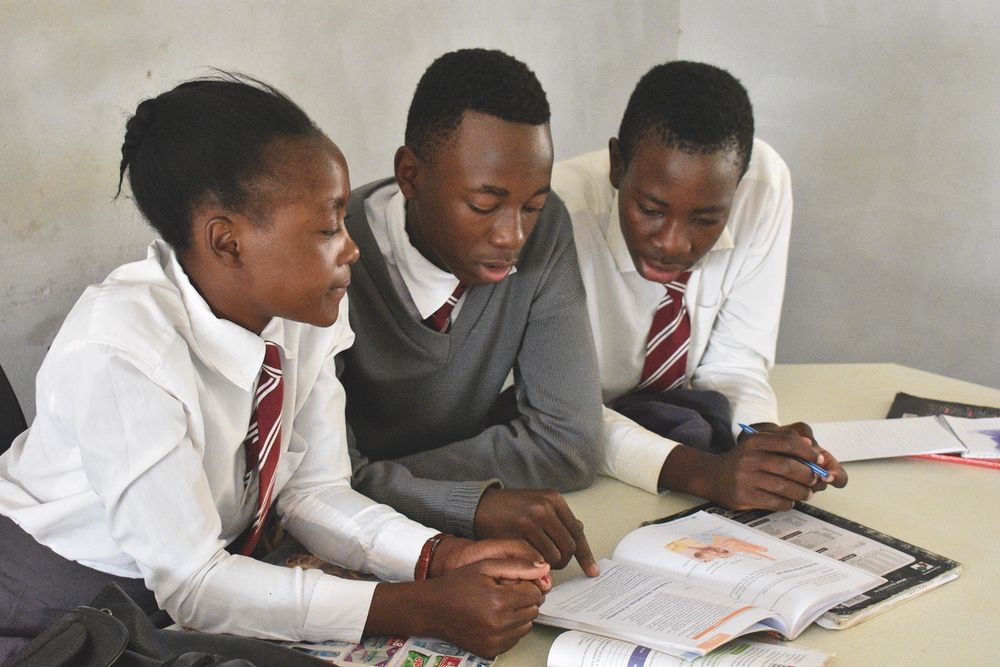
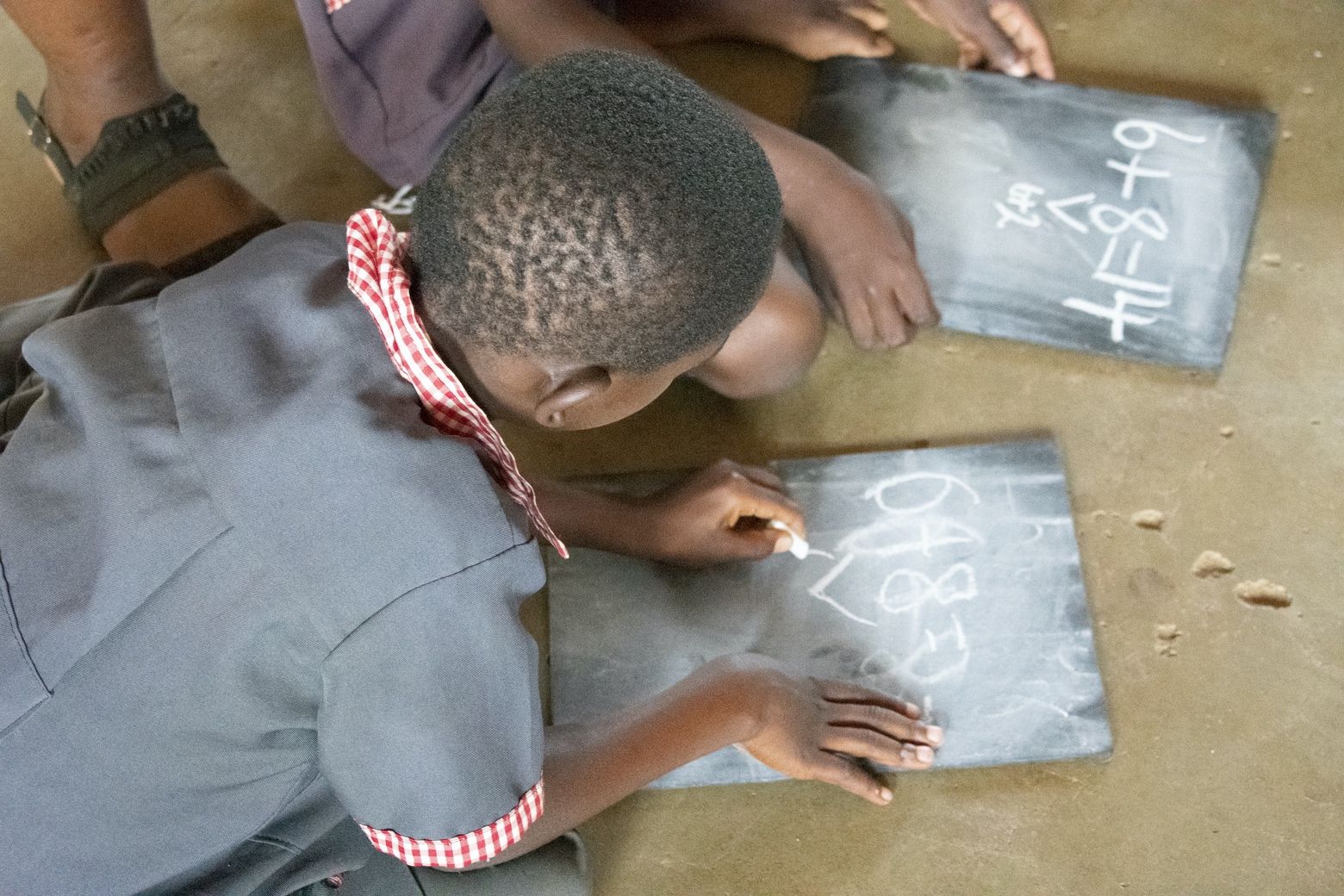
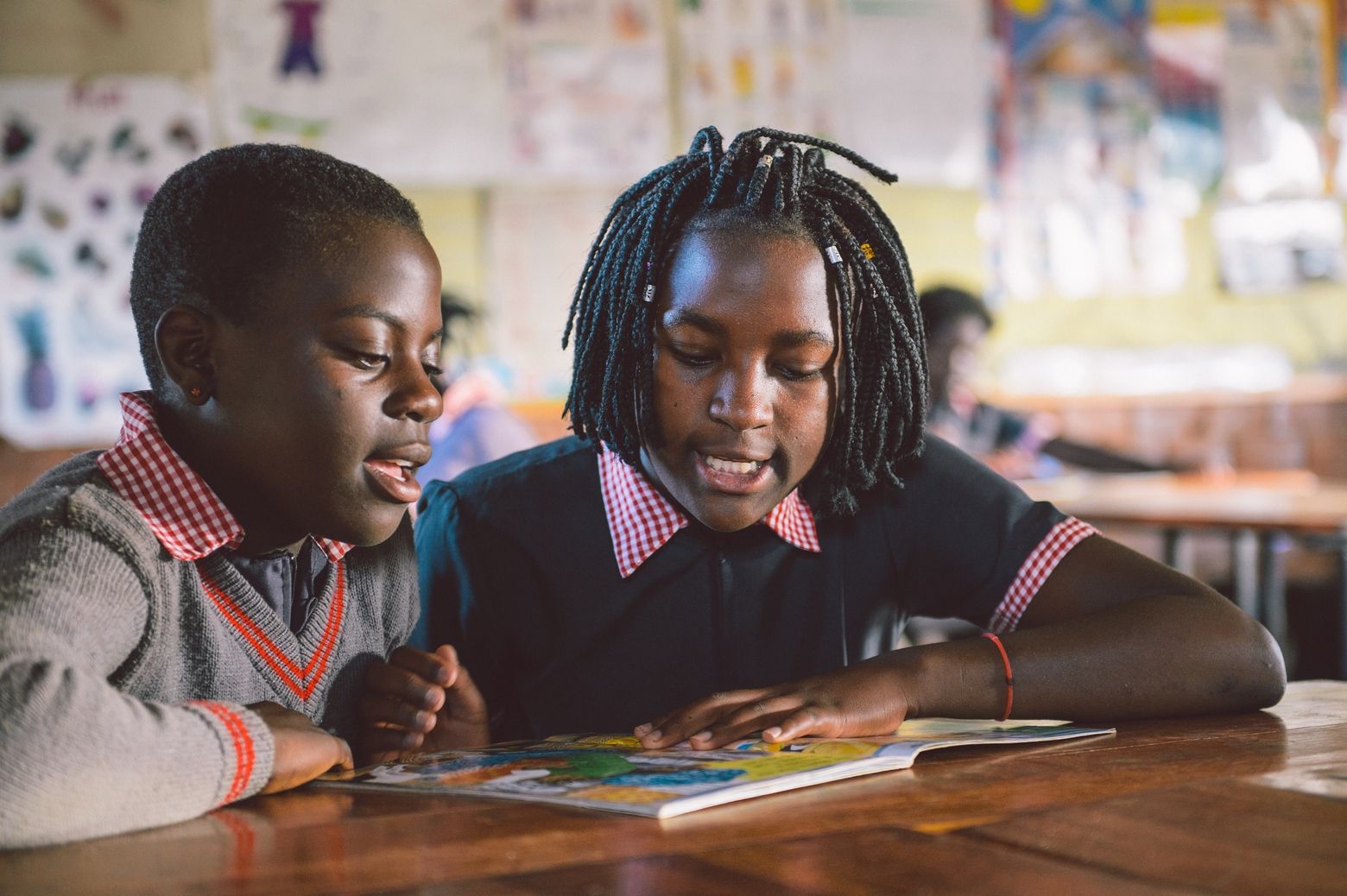
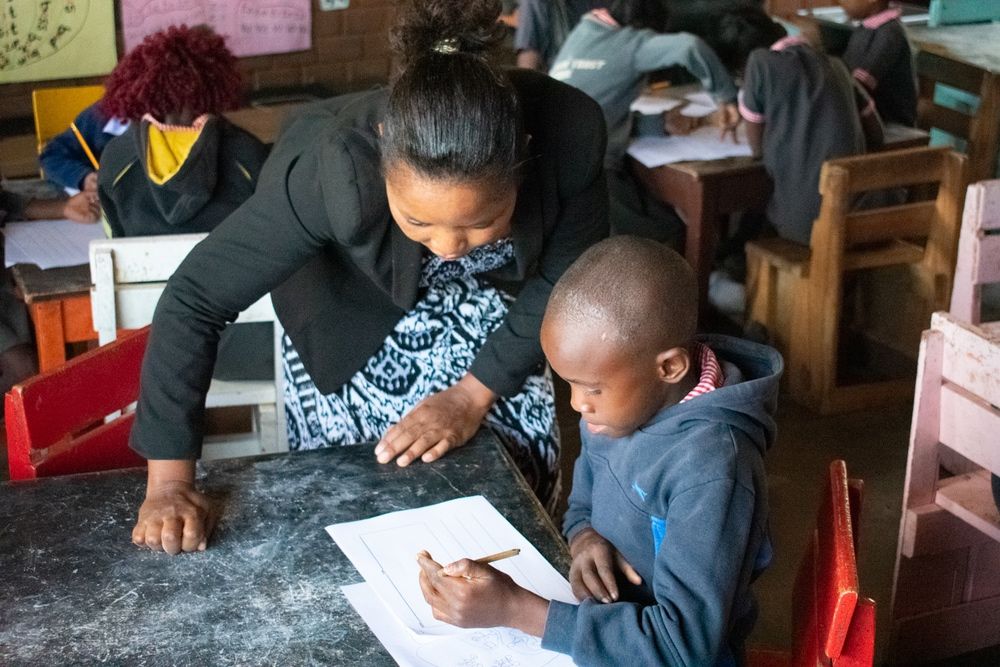
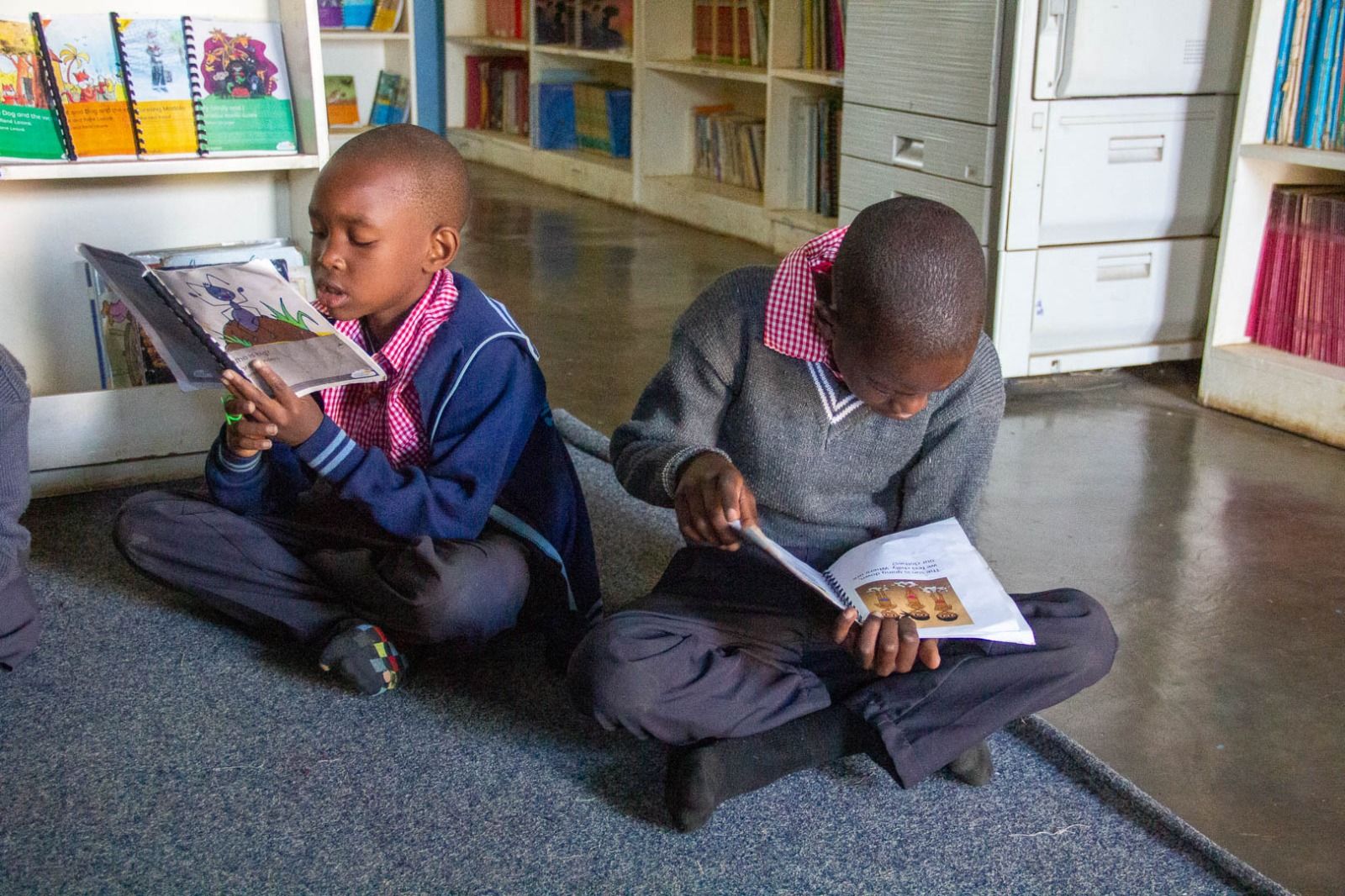
First class tuition
We have classes for every grade from pre-school through to Grade 12. We aim for up to 45 children in each class: this may seem many overseas, but our classes are half the size of most Zambian schools.
Because so many children start schooling late, or miss a few years before returning, there is an age range of six years in all our classes. This wide range requires specialist teaching skills, so all our teachers are well-trained and highly qualified, and we provide them with ongoing professional development. As a result, most teachers at other schools in the area try to send their own children to Mukwashi.
Our Early Years’ Unit is in its own fenced site – with a classroom, outdoor learning area, nap room, toilets, garden, play areas and football pitch.
We provide two full-time Catch Up Classes, with specialist literacy and numeracy teachers, for children who start schooling late, and a full-time Extra Class which provides additional learning in English, Maths & Science for Upper Primary learners seeking to be stretched.
We follow the Zambian curriculum closely in Primary School, but conduct all our lessons in English. In Lower Secondary, we offer all compulsory subjects plus computer studies (we share a computer room at another school). In Upper Secondary, our learners specialise in Agricultural Science and business subjects.
Our secondary subjects include:
English
Mathematics
Integrated Science
Agricultural Science
Computer Studies
Religious Education
Social Studies
Commerce Accounts
Physical Education
Business Studies
Civic Education
Our staff and their responsibilities
-
SENIOR MANAGEMENT TEAM
-
Ms Mulemba Sakuwaha
Head Teacher
-
Mr Crispin Shamufundo
Deputy Head Teacher
-
Mr Moses Hara
Secondary Co-ordinator
-
Ms Miniva Nshingwa
Pre & Primary Co-ordinator
-
Ms Mutinta Mwanamwambwa
Guidance & Counselling Co-ordinator
-
-o-o-
-
SECONDARY STAFF TEAM
-
English
Ms Mulemba Sakuwaha, Ms Luyando Sikamikami, Ms Mutinta Mwanamwambwa
-
Maths
Mr Crispin Shamufundo, Mr Moses Hara, Ms Nelia Nkhoma
-
Integrated Science
Mr Frederick Kunda
-
Agricultural Science
Mr Abbishy Chisenga
-
Accounts, Commerce & Business Studies
Ms Tawanda Phiri
-
Religious Education & Computer Science
Mr Crispin Shamufundo
-
Physical Education
Mr Moses Hara, Ms Nelia Nkhoma
-
PRIMARY STAFF TEAM
-
Ms Miniva Nshingwa
English, Science, Social Studies; Grade 3 class teacher
-
Ms Mutinta Mwanamwambwa
Catch Up Classes lead teacher; School Library
-
Ms Agnes Phiri
Grade 2 & Grade 4 class teacher
-
Ms Nelia Nkhoma
Expressive Arts & Maths; Extra Class teacher
-
Ms Kelina Chibinga
Science, Catch Up Class, Grade 1 class teacher
-
Ms Racheal Chungu
Home Economics; Catch Up Class ; Grade 3
-
Ms Tawanda Phiri
Technology
-
Ms Luyando Sikamikami
English & Social Studies
-
Ms Jolly Moono
Early Years’ & Reception Teacher
-
Ms Mushiba Lubinda
Early Years’ & Reception Teaching Assistant
-
-o-o-
-
SUPPORT STAFF TEAM
-
Mr Charlotte Hambache
Administration Officer
-
Mr Luckwell Moonga & Mr Ackson Mubiana
Transport & Maintenance Officers
-
Ms Tina Mbewe
Housekeeping Officer
-
Mr Vincent Simakwama & Mr Enock Mulando
Horticultural Officers
-
Ms Juliet Machuku & Ms Purity Kasamu
Catering Officers
Our learners in Grades 10-12 follow the agricultural science pathway
In Zambia, in addition to core subjects like English, Maths, Social Studies and Integrated Science, every school must provide its learners with practical knowledge, skills and experience in one particular area — as their ‘pathway’ to subsequent training or employment.
Because we serve a mainly farming community, we decided Agricultural Science was the best pathway for our upper secondary learners.
We combine this with Business Studies, Accounts and Commerce to help them learn about agriculture as a genuine business and an important career.
This combination of Agriculture and Business subjects gives our learners the knowledge, skills and values every child in our rural locality needs to serve our community and help it prosper.
As part of the pathway, we provide experimental business and agriculture ‘labs’. All secondary learners work together to develop and operate a community shop as their own business, and they all share a plot of land with a friend where they conduct their own agricultural experiments.
They also learn by caring for the school’s banana plantation and orchard; and each grade cares for different animals in the livestock enclosure.
Introducing our learner Naomi
Naomi is a dedicated eighteen-year-old in her final year at Mukwashi who’s the youngest of five children.
The family is headed by her mother, who is now unable to work because of a stroke. The whole family survives on the income from a small road-side shop to make ends meet.
Naomi is talented and ambitious. She enjoys singing and has a natural aptitude for accounts – and she has greatly benefitted from learning in the school’s business lab.
Naomi’s dream is to become an accountant at an international accountancy firm.
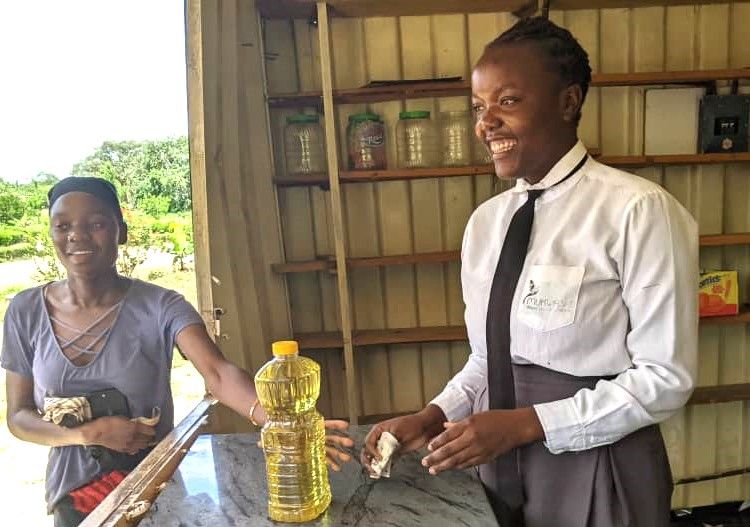
Thank you to all our local and international supporters
All the school’s ‘improvements’ (toilets, borehole, buses, kitchen, books, trees, livestock, etc) have come from the hard work of the Mukwashi school staff and the generosity of local and international supporters.
Since June 2020, over 450 supporters, in twenty-three different countries, have kindly given through this web-site.
Several small companies in the UK and South Africa have also donated goods and professional services. And dozens of Zambian businesses have contributed materials at either no cost or with a big discount.
We say a huge ‘THANK YOU’ to them all. Every gift has been a life-changing investment in young Zambian lives.
Where they are now…
The school’s founders wanted to give the children in Chilanga district a future shaped by high-quality education, and for them to become catalysts for change in their own community.
We are now sufficiently ‘down the line’ to be able to see this happening.
Here are some of the ‘ex learners’ who have studied at Mukwashi: they represent the young people in whom our supporters are investing.
None of them began with any of the stuff people in high income countries think matters, but they all have tons of the stuff which really matters:
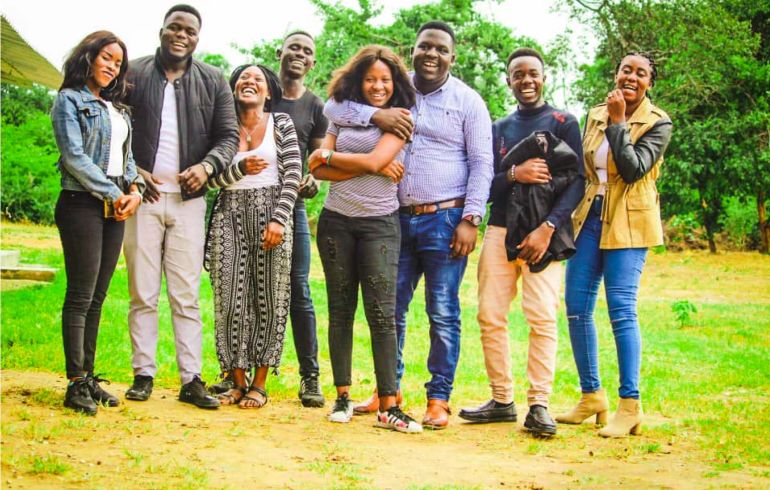
From left to right:
Twaambo graduated from teaching college, and works as an intern teaching English at a government secondary school. Nicholas is pursuing his passion for woodwork, and works with his brother’s company making and selling furniture. Nandipha works as a singer / songwriter, and is now a mother. Kenneth graduated as an agricultural engineer, and works for our landlord, Seedco. Diana is teaching English for a local US evangelical mission. Lazarous graduated with a business degree, and works for a Zambian company as their Stores’ Controller. Mweetwa works as a consultant water engineer. And Kadija works with her husband running their family farm, and now has two children.
